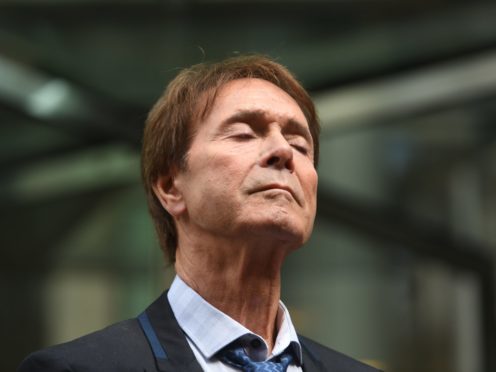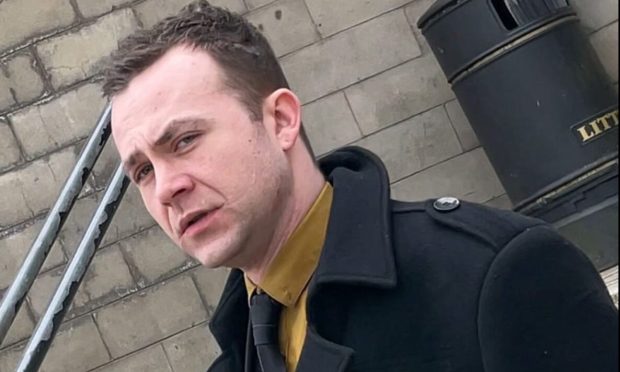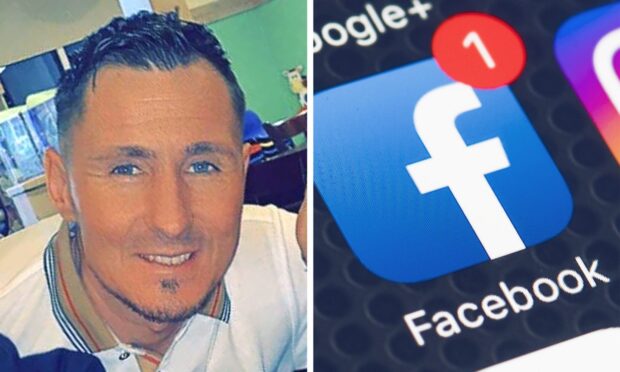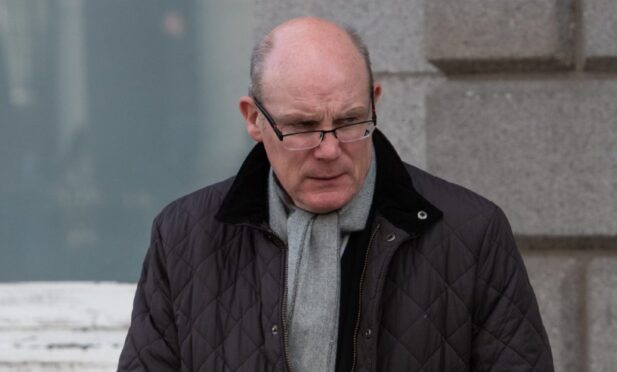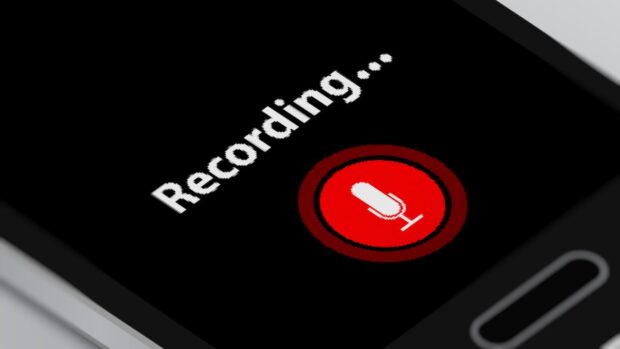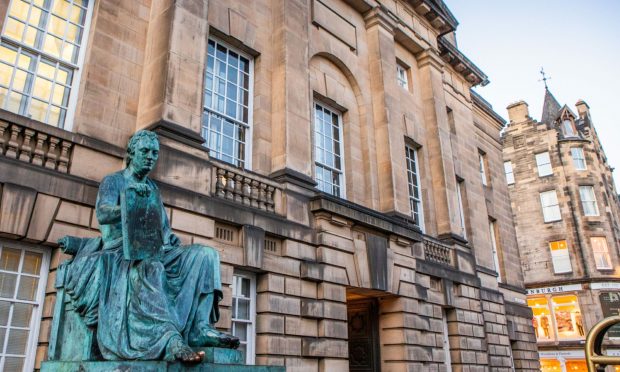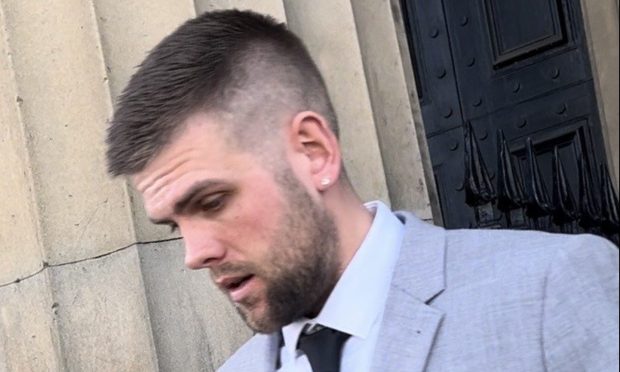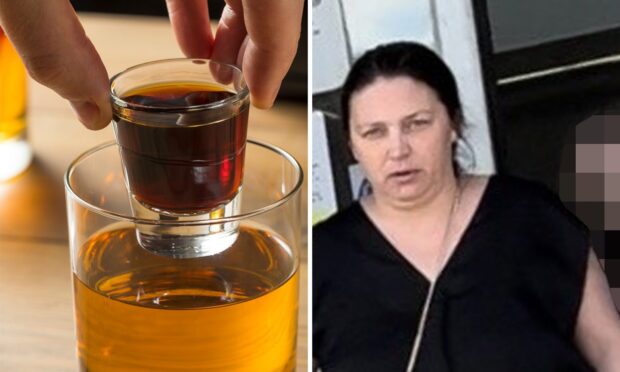Editors have warned of “worrying consequences” for press freedom after Sir Cliff Richard won a High Court privacy battle with the BBC over coverage of a police search of his home.
Specialist lawyers also say a judge’s ruling on the case will have implications for journalists.
Mr Justice Mann awarded Sir Cliff around £200,000 to cover the “general effect” on his life – and lawyers say the 77-year-old singer could get more when the judge decides how badly he has been left out of pocket at a later stage of litigation.
The judge awarded Sir Cliff £190,000 to cover the “general effect” on his life plus £20,000 because the BBC had aggravated the damage by nominating the story for an award.
Sir Cliff hugged friends and said he was “choked up” after the ruling at the High Court in London on Wednesday.
BBC bosses said they were considering an appeal.
Sir Cliff had sued the BBC over broadcasts of a South Yorkshire Police raid on his home in Sunningdale, Berkshire, in August 2014, following a child sex assault allegation.
Mr Justice Mann had overseen a trial at the High Court in London during April and May.
Sir Cliff said coverage, which involved the use of a helicopter, was a “very serious invasion” of his privacy, and he said he wanted damages at the “top end” of the scale.
BBC bosses disputed his claims.
They said the coverage was accurate and in good faith.
BBC director of news Fran Unsworth put forward a public interest defence – saying sexual abuse of children was a matter of serious public concern.
She said reporting might encourage victims to come forward.
Mr Justice Mann heard that, in late 2013, a man made an allegation to the Metropolitan Police, saying he had been sexually assaulted by Sir Cliff during an event featuring evangelist Billy Graham at Sheffield United’s Bramall Lane football stadium in 1985, when he was a child.
Metropolitan Police officers passed the allegation to South Yorkshire Police in July 2014.
Sir Cliff denied the allegation.
He was never arrested and in June 2016 prosecutors announced he would face no charges.
Mr Justice Mann said the BBC infringed the star’s privacy rights in a “serious” and “somewhat sensationalist” way.
“I do not believe that this justification was much in the minds of those at the BBC at the time,” he said in a ruling.
“I think that they, or most of them, were far more impressed by the size of the story and that they had the opportunity to scoop their rivals.”
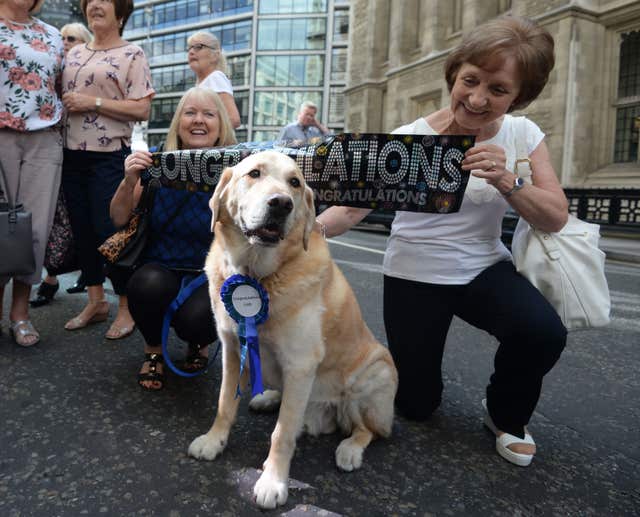
The judge added: “Knowing that Sir Cliff was under investigation might be of interest to the gossip-mongers, but it does not contribute materially to the genuine public interest in the existence of police investigations in this area.”
He went on: “Public figures are not fair game for any invasion of privacy.”
Mr Justice Mann said the BBC had gone “for an invasion of Sir Cliff’s privacy rights in a big way”.
“I’m choked up,” said Sir Cliff, after the ruling.
“I can’t believe it.
“It’s wonderful news.”
Ian Murray, executive director of the Society of Editors, said: “The ruling to make it unlawful that anyone under investigation can be named is a major step and one that has worrying consequences for press freedom and the public’s right to know.
“In many situations, the publishing of the name of someone under investigation has led to other witnesses and victims coming forward. We should also consider that the reverse is true.”
He added: “It is vital that the actions of the police should be kept under scrutiny in a free society and this change in the law will make that much harder.”
Lawyer Nicola Cain, who works at law firm RPC, said: “This is a landmark judgment in many ways, all of which are bad for the media.”
She added: “The media is going to have to walk on eggshells when reporting on police investigations from now on.”
